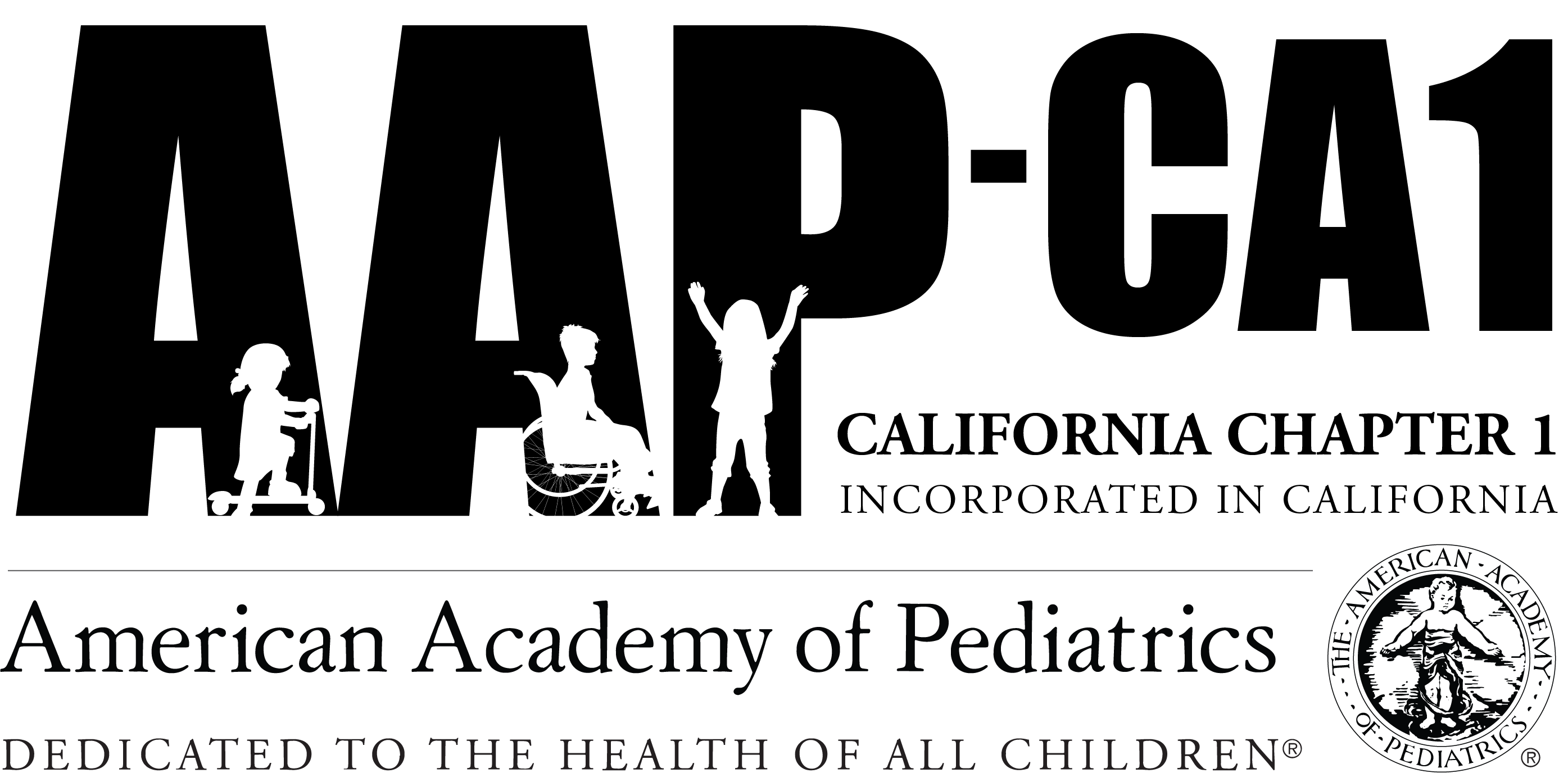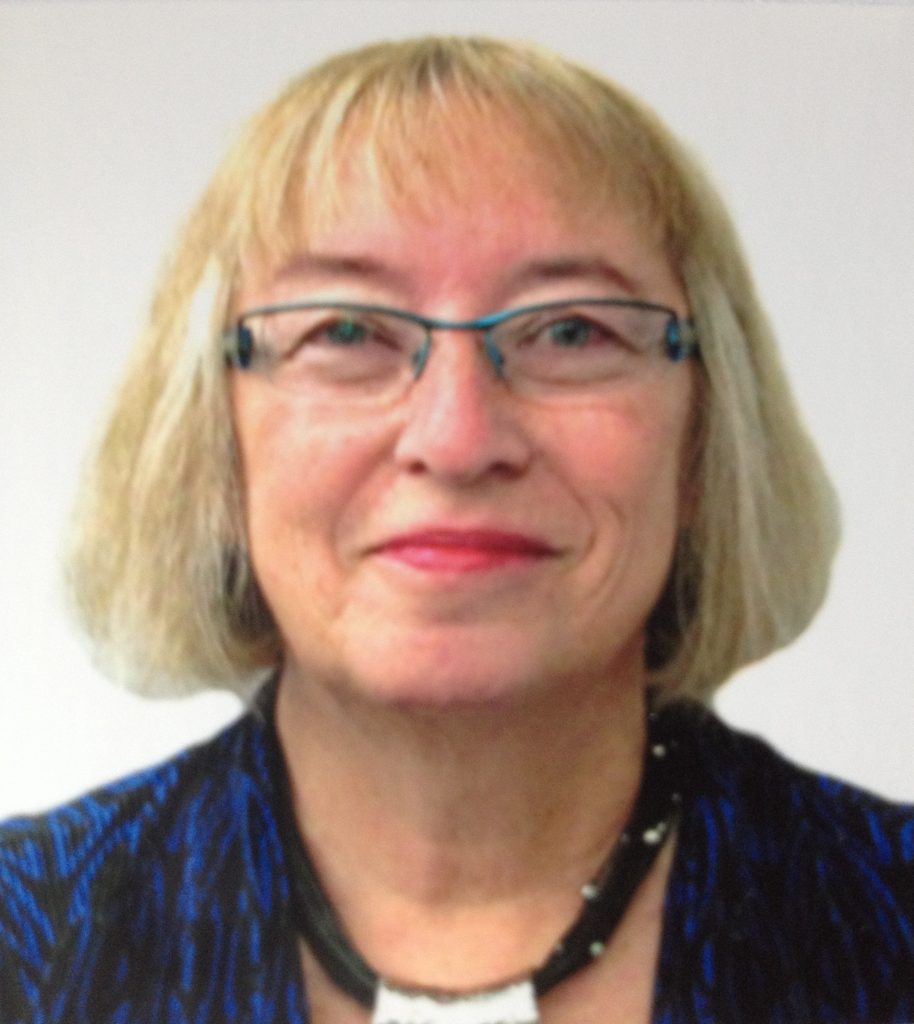Foster Care
Improving healthcare access and coordination for Children and Youth in Foster Care.
Over 30,000 children currently reside in foster care placement in the 48 counties of the AAP California Chapter 1 region. Advocating for the health needs of children and teens in foster care is something everyone can do; from mentoring a teen to working with state or federal officials to make changes in policy, there are a number of things you can do to advocate on behalf of children and teens in care. Here is why to do it:
- More than 80% of children and youth in foster care have behavioral, emotional or mental health diagnoses.
- Foster children occupy more than 40% of the child mental health inpatient beds on any given day.
- Those leaving foster care are at particularly high risk for having significant chronic medical and or mental health disorders including asthma, obesity, depression, anxiety disorders.
- Many have experienced multiple adverse childhood experiences (ACEs)
- AAP designates foster children as meeting criteria of Children with Special Health Care Needs which warrants a medical home care coordination model of services.
- Recent and current federal and state legislation is freeing up new funding streams to pay for providers to render these services for this population to even help prevent placement in foster care in the first place.
- We want all pediatricians to be comfortable and competent caring for children and youth in foster care.




